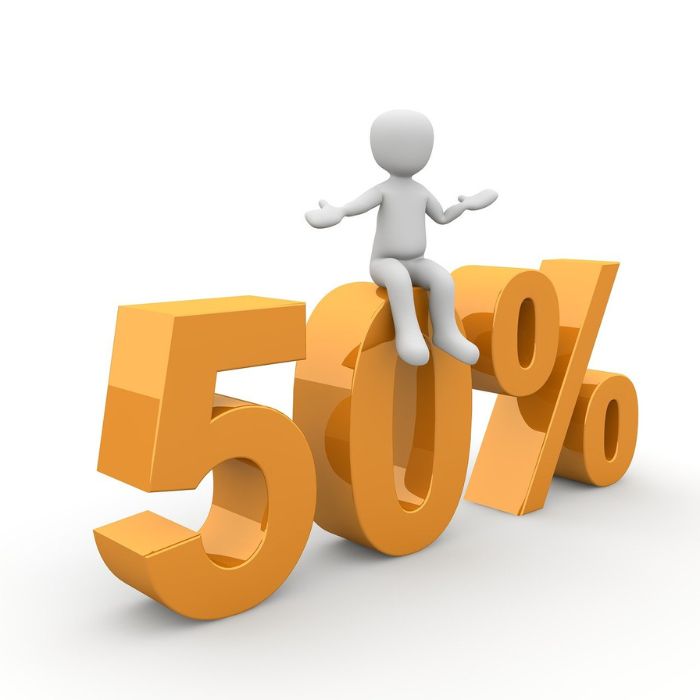What is CRM Software? A Beginner’s Guide for Small Business Owners
Struggling to keep track of customers, sales, and follow-ups? CRM software could be the game-changer your business needs. But what exactly is CRM, and how can it help small businesses, freelancers, and agencies grow?
In this beginner’s guide, we’ll cover:
✅ What CRM software is and why it matters
✅ How CRM helps track customers, sales, and interactions
✅ Key features every business should look for
✅ Who needs a CRM? (Small businesses, freelancers, agencies)
Let’s simplify CRM and find the perfect solution for your needs!
Table of Contents
1. What is CRM Software & Why Does It Matter?
Definition:
CRM (Customer Relationship Management) software is a tool that helps businesses:
✔ Organize customer data (contacts, interactions, deals)
✔ Automate follow-ups and tasks
✔ Improve sales and customer service
Why It’s Essential:
-
74% of businesses say CRM improves customer relationships (Salesforce)
-
Companies using CRM see sales increase by 29% (Nucleus Research)
💡 Looking for the best CRM? Check out the Best CRM Software for Small Businesses in 2025.
2. How CRM Helps Track Customers, Sales & Interactions
📌 Centralized Customer Database
-
Store contact details, purchase history, and notes in one place
-
Never lose track of a lead again
📈 Sales Pipeline Management
-
Visualize deals in progress (e.g., New → Contacted → Closed)
-
Set reminders for follow-ups
🤝 Improved Customer Service
-
Track support tickets and past interactions
-
Personalize responses based on customer history
🚀 Freelancers & agencies: See the Best CRM Software for Freelancers and Agencies.
3. Key Features of a Good CRM
| Feature | Why It Matters |
|---|---|
| Contact Management | Organize clients, leads, and vendors |
| Sales Automation | Auto-send emails, reminders, and invoices |
| Reporting & Analytics | Track sales performance and trends |
| Integration | Works with email, calendars, and other tools |
| Mobile Access | Manage customers on the go |
4. Who Needs a CRM? (Use Cases)
✔ Small Businesses (1-50 Employees)
-
Example: A local bakery tracks customer orders and loyalty program members
-
Best Fit: Simple, affordable CRM (e.g., HubSpot, Zoho CRM)
✔ Freelancers (Solopreneurs, Consultants)
-
Example: A graphic designer manages client projects and invoices
-
Best Fit: Lightweight CRM (e.g., HoneyBook, Streak)
✔ Agencies (Marketing, Real Estate, Legal)
-
Example: A marketing agency tracks leads from ads to closed deals
-
Best Fit: Robust CRM with automation (e.g., Salesforce, Pipedrive)
5. How to Choose the Right CRM
1️⃣ List your needs (sales tracking? support tickets?)
2️⃣ Test free trials (most CRMs offer 14-30 days free)
3️⃣ Check integrations (Gmail, Slack, Zoom, etc.)
4️⃣ Consider scalability (will it grow with your business?)
6. Future of CRM Software
🔮 AI-Powered Insights – Predict customer needs automatically
🔮 Voice & Chatbot Integration – Manage CRM hands-free
🔮 Blockchain for Security – Ultra-secure customer data
Final Checklist: Is a CRM Right for You?
✔ You spend >1 hour/day managing customer data manually
✔ You’ve lost track of leads or follow-ups
✔ Your team needs better sales visibility
✔ You want to automate repetitive tasks
🚀 Get started today:
A good CRM pays for itself in saved time and increased sales—don’t wait to try one!







